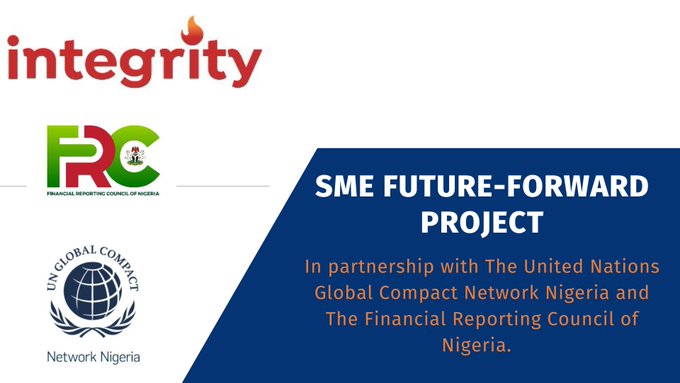The Financial Reporting Council of Nigeria has announced plans to formally integrate Islamic Finance Services into the country’s financial reporting system, signaling a major step toward aligning with global practices in non-interest financial management.
The Council said the move would involve adopting standards issued by the Accounting and Auditing Organisation for Islamic Financial Institutions (AAOIFI). This was disclosed by the Executive Secretary and Chief Executive Officer of the FRC, Dr Rabiu Olowo, during the seventh Africa Islamic Finance Conference held in Lagos.
According to Olowo, the integration aligns with the Council’s mandate to set, monitor, and enforce financial reporting standards in Nigeria. He noted that the rapid growth of Islamic finance in the country, spanning Islamic banking, Sukuk bonds, Takaful insurance, and non-interest capital markets, makes a consistent and transparent reporting system essential.
“This sector has become a dynamic contributor to financial inclusion, infrastructure financing, and ethical investment alternatives. However, this growth brings with it the obligation for regulators to ensure that financial reporting for Islamic Finance Services is consistent, reliable, and globally comparable,” Olowo said.
He explained that adopting AAOIFI standards would complement the International Financial Reporting Standards (IFRS) already in use, while providing a dedicated framework for the unique contracts and instruments used in Islamic finance.
“Nigeria’s financial system is evolving, and our regulatory framework must evolve with it. The inclusion of AAOIFI standards into our national framework is not just a regulatory necessity; it is a strategic imperative for building trust, enhancing transparency, and ensuring that Islamic finance continues to contribute meaningfully to economic growth and financial inclusion,” Olowo added.
Representing Vice President Kashim Shettima at the conference, the Special Adviser to the President on Economic Affairs, Dr Tope Fasua, described Islamic finance as “a powerful ally” in driving inclusive growth, noting that its principles are rooted in ethics, fairness, and shared prosperity.
Also speaking, the former Governor of the Central Bank of Nigeria and 14th Emir of Kano, Muhammadu Sanusi II, praised the sector’s progress and potential. He highlighted that Islamic finance’s emphasis on investing in real assets such as infrastructure makes it a natural fit for Nigeria’s development needs.
“We are beginning to see geometric growth in the number of banks that have been licensed and those applying for licences. Islamic financing fits perfectly with infrastructure finance because it is built on truth. Every financing is tied to a real, tangible asset that creates jobs and long-term value,” Sanusi said.
For small businesses, experts believe the growing adoption of Islamic finance standards could unlock new funding opportunities, especially for entrepreneurs seeking ethical, asset-backed, and non-interest financing models. With the National Assembly’s recent approval for the issuance of a $500 million Sovereign Sukuk, analysts say Nigeria’s broader embrace of Islamic finance could deepen capital access for SMEs and strengthen financial inclusion across the economy.










